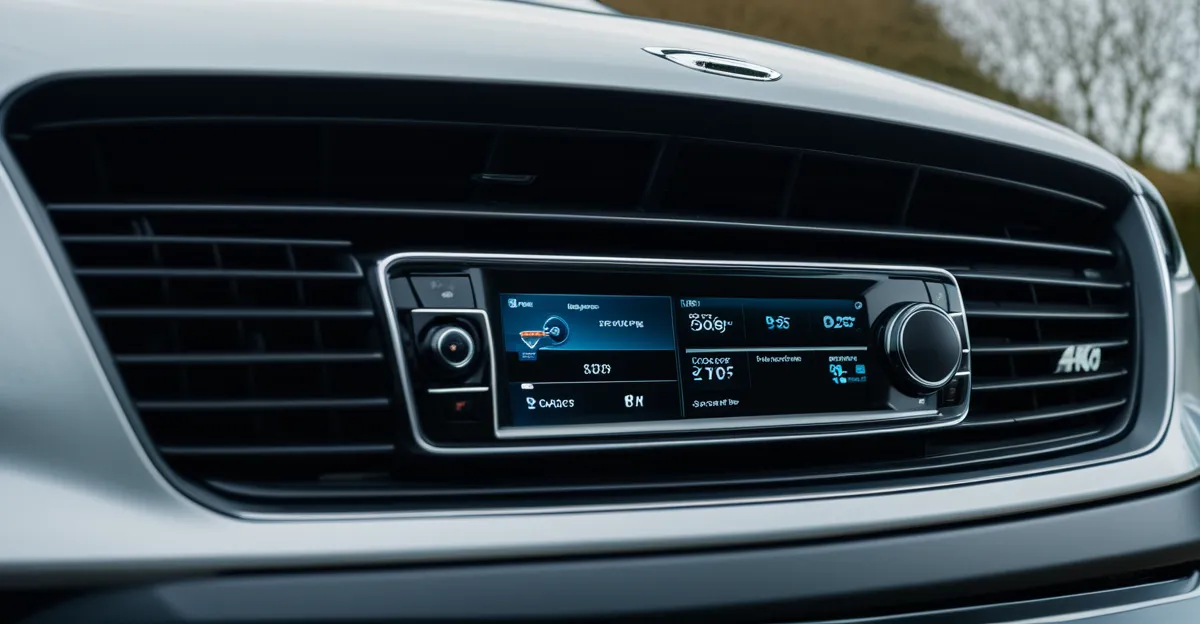Shifting Consumer Preferences in the UK Automotive Market
UK automotive trends reveal a clear shift driven by consumer demand for electrification, sustainability, and enhanced digital features. Recent data shows a significant rise in interest for electric vehicles (EVs), with over 40% of new car buyers expressing preference for EVs or hybrids. This marks a substantial change from previous years when traditional combustion engines dominated sales.
Environmental concerns and government policies targeting zero emissions are pivotal factors behind this shift. Fuel economy and lower running costs also weigh heavily on consumer choices. Beyond just the drive train, buyers increasingly expect connectivity and integrated digital services, reflecting broader lifestyle changes.
In the same genre : What are the opportunities for growth in the UK automotive sector?
Automotive industry insights point to a growing appetite for vehicles that not only perform efficiently but also align with eco-conscious values. Many consumers actively seek sustainability features such as recyclable materials and ethical manufacturing. This aligns with the UK’s strong climate targets and offers automakers a clear direction for product development.
In essence, the evolving UK automotive market demands a blend of innovation, environmental responsibility, and technological advancement, reshaping how cars are designed, marketed, and experienced.
Topic to read : How Will Electric Vehicles Revolutionize the Future of the UK Automotive Industry?
Automotive Firms Embracing Electrification
The rise of electric vehicles UK has prompted significant shifts in automaker strategies. Leading brands are accelerating EV innovation through new model launches and ambitious release plans. For example, major UK-based firms have committed to expanding their electric lineup substantially by 2030, signaling a clear dedication to electrification.
Investments target not only vehicle production but also the necessary infrastructure to support EV growth. Battery technology development, charging networks, and manufacturing facility upgrades are key focus areas. Automakers are partnering with energy companies to build fast-charging stations, improving accessibility for consumers.
Case studies highlight firms like Jaguar Land Rover transforming legacy production lines into EV hubs. These moves demonstrate how the UK automotive industry is responding strategically to shifting consumer preferences towards electric models. The combination of innovation and infrastructure investment is essential to meet growing demand and regulatory expectations.
In essence, electrification in the UK is driven by coordinated efforts spanning product design, technology, and supportive ecosystems, reflecting a thorough approach to dominating the EV market.





